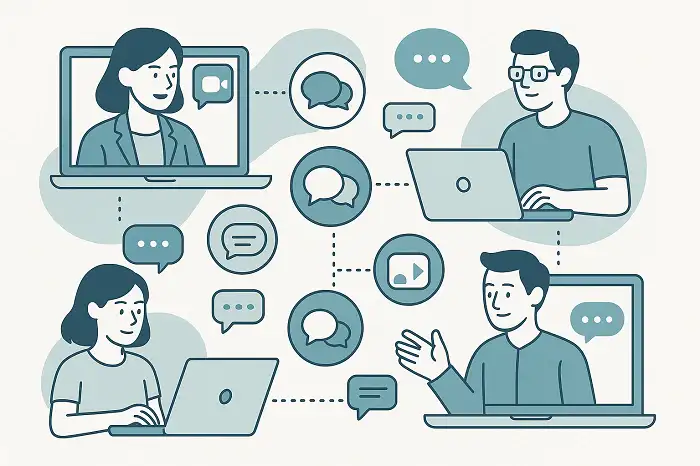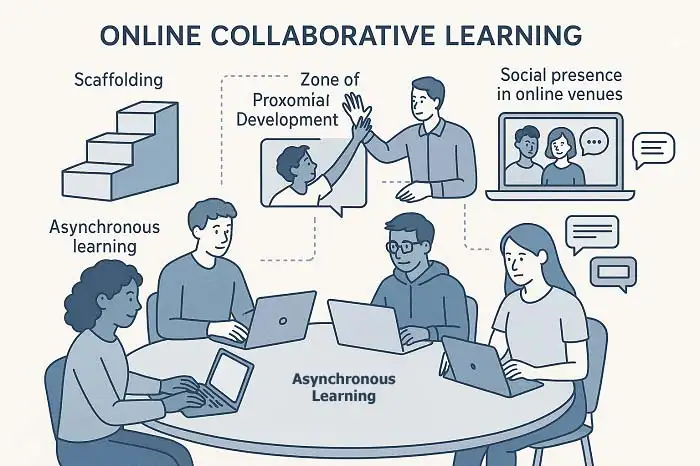IELTS Listening Practice Earthquake Safety IELTS Listening Practice Earthquake Safety About this activity This activity is labeled round table by Dr. Hariri, the creator and administrator of LELB Society. This activity is on the premise of Flipped Learning, according to which the students watch a video before the class, carry out research into the selected theme, and prepare themselves for an informed discussion in the class. This activity is on the basis of both synchronous and asynchronous computer-mediated communication (CMC), according to which the students are also encouraged to be active even before the class. In this flipped classroom activity, the students are encouraged to utilize the comment form at the bottom of the post to to exchange their questions, findings, and experiences with each ...
Home » Listening Practice in English » IELTS Listening Practice Earthquake Safety

IELTS Listening Practice Earthquake Safety
Updated: by Dr. Mohammad Hossein Hariri Asl
Time to Read: 4 minutes | 472 Views | 44 Comments on IELTS Listening Practice Earthquake Safety
Share This Post
About the Author
Dr. Mohammad Hossein Hariri Asl is an English and Persian instructor, educator, researcher, inventor, published author, blogger, SEO expert, website developer, entrepreneur, and the creator of LELB Society. He's got a PhD in TEFL (Teaching English as a Foreign Language).
Number of Posts: 4242



13. what is a priority before an earthquake?
Corrections:
The first word (what) has not been capitalized.
12. How to address the risk?
Corrections:
This is not a sentence-based question. This type of question appears only in titles. You can reword it in this way:
How should we deal with the risk of unforeseeable earthquakes?
11. What should we do about our neighbors after an earthquake?
I’m delighted to see you have started to pose questions in our comment forms. Leaving questions can let others reply to your opinions. Thank you so much, and please keep doing that.
You’re most welcome.
10- Why shouldn’t we run away during an earthquake?
This is technically a very important safety measure to consider during an earthquake. Thank you for raising this question.
9. What is the instruction for taking care of children in schools during an earthquake?
It’s better to say: “at school”.
Don’t pick them up when they are at schools
Exactly!
Thank you so much for your attention.
You’re most welcome. I would be really happy to see your asynchronous activities in the form of comments and replies.
8. How should we arrange and store furniture and kitchenware in order to lower the danger of any earthquakes?
This relevant question is about the interior design that must be reconsidered to make home a safer place when an earthquake strikes.
7. Under what circumstances does an earthquake result in a tsunami?
When an earthquake happens in somewhere that is near a sea or an ocean it causes tsunami.
Corrections:
it causes a/the tsunami
6. Why shouldn’t you use your telephone immediately after an earthquake?
Use telephone immediately after an earthquake might congested telephone network.
Corrections:
might congest the telephone network / might make the telephone network congested
5. What is an aftershock?
Aftershock is another earthquake that might be happen after a powerful earthquake.
Corrections:
that might be happen ➡ that might happen
I am so sory i forgot to set number of fourthquastion again .
That’s OK.
What should we do after earthquake?
After “an” earthquake
Thanks so much for your comment.I definetly try to consider those.
You’re most welcome. I can vividly see that you are making great progress. ?
listen to a radio in the safety instructions, close the water and gas taps, open windows, leave the building and don’t use elevator and…
Corrections:
* listen to the radio
3. Why should not you light cigarette or candle after earthquake?
Corrections:
Light “a” cigarette or candle
after “an” earthquake
because it has explosion risk
Precisely!
2. What should you do when you are inside ,outside or driving your car during earthquake?
Corrections:
during an earthquake
A comma should be attached to the end of a word, and not the beginning. ➡ inside, outside
If we are inside a building take a shelter under steady object like a desk, stay away from windows and cover our head. If we are outside, stay away from everything that could collapse. If we are driving during an earthquake pull up our car at the safe distance from everything that could be fall.
Thanks for your reply.
Corrections:
* steady objects
* our heads
* could be fall ➡ could fall / could be falling
1. What is the scientific earthquake?
You must mean seismology or the scientific study of earthquakes.